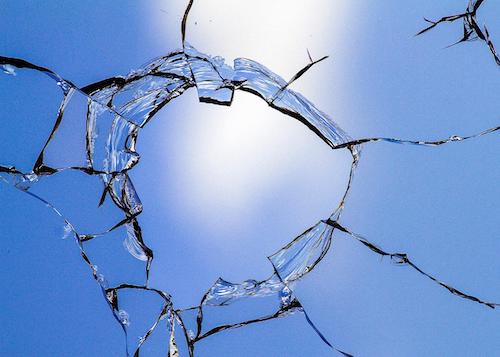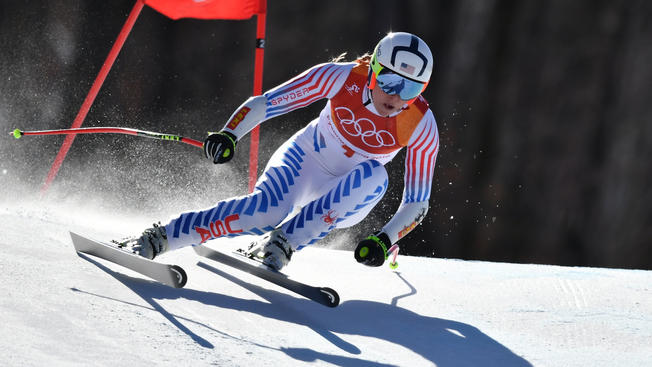Sally Ride is gone. She recently died of pancreatic cancer at the age of 61.
In case you didn’t know, Sally was a true pioneer. The first American woman to travel in space, Sally flew on the shuttle Challenger in June of 1983, and on a second mission in 1984. She was also, at 32, the youngest American in space. And later, she became the only person to sit on both of the panels investigating the Challenger explosion in 1986 and the Columbia crash in 2003.
Sally was chosen for the space program from nearly 8,000 applicants. Yet despite stellar qualifications, she endured blatantly sexist questions before her first trip into space. From The NY Times:
Dr. Ride — chosen in part because she was known for keeping her cool under stress —
politely endured reporters’ asking whether spaceflight would affect her reproductive
organs, whether she planned to have children, whether she would wear a bra or
makeup in space, whether she cried on the job, how she would handle menstruation
in space. CBS News reporter Diane Sawyer asked her to demonstrate a newly
installed privacy curtain around the shuttle’s toilet. On “The Tonight Show,” Johnny
Carson joked that the shuttle flight would be delayed because Dr. Ride had to find a
purse to match her shoes.
To some of you, the idea that anyone could ask such an intelligent, accomplished woman questions like these must seem beyond belief. If so, then that’s a clear indication that things have changed for the better.
In part, that’s because of Sally Ride. She helped show us that gender didn’t matter; that if a woman studied hard enough, worked hard enough, and had enough determination, she could do whatever she wanted — even fly to the stars.
I was lucky enough to come from a family where the question of what a man or a woman could or couldn’t do simply never came up. But at the risk of revealing my age, I also grew up in a time when boys took Wood or Metal Shop in school, and girls took Cooking and Sewing; when girl’s sports were underfunded and unsupported (this was pre-Title IX); and when power lay squarely in the hands of men — female bosses or managers were few and far between.
By breaking into the all-boys’ astronaut club, Sally helped establish a different paradigm, inspiring a generation and becoming an icon to women everywhere.
So what does this have to do with skiing? Quite a bit, actually. Because the way we women perceive ourselves — as powerful, capable individuals who can be taken seriously as athletes — has a lot to do with women like Sally Ride paving the way for us.
RIP, Sally. May you soar with the angels.



